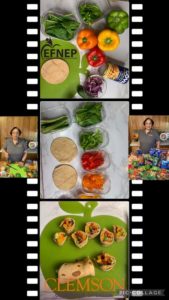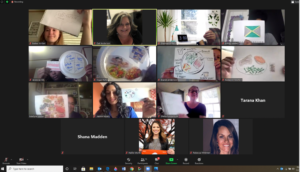
Spartanburg EFNEP has been partnering with the Bethlehem Center to bring nutrition education to their afterschool groups this school year. The second-grade class enjoyed a six-week series learning the Show Me Nutrition curriculum.
During this time, the children were introduced to MyPlate by playing games with the five food groups and diving deeper into each category each week. The class enjoyed tasting a myriad of recipes including a fruit smoothie, colorful fruit skewers, food group sandwiches, and more.
Over six sessions, the children studied how to build strong bones, power up with protein, eat a rainbow of fruits and a variety of vegetables in addition to moving their bodies more. They enjoyed playing games and creating their own personalized MyPlates to set healthier goals for themselves.
These students are ready to tackle all that the remainder of the school year has to bring with healthy and active mindsets!
Emily Fish, Spartanburg County NE
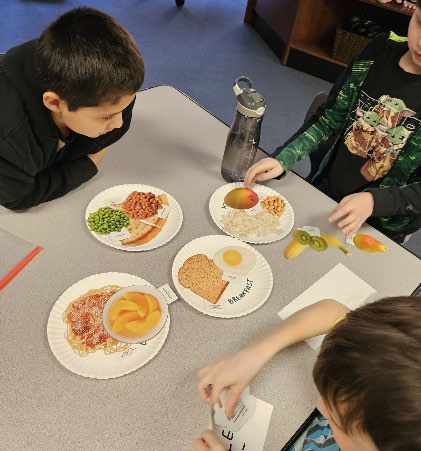


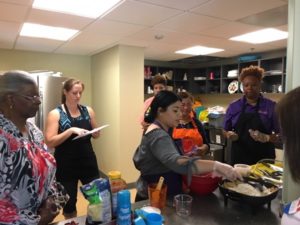
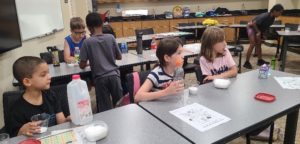
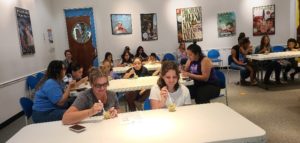
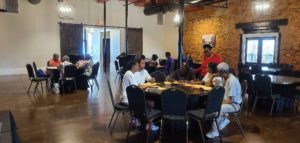

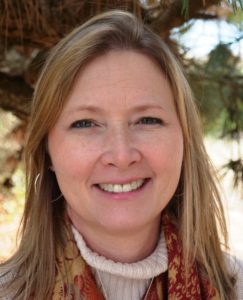

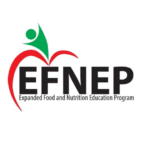 For a very long time, Clemson EFNEP has been The best-kept secret, not anymore. More and more people know about EFNEP programming now. Either because they have participated as learners or because word of mouth is out there. We have successfully recruited and taught adults for the Eating Smart Being Active series. We continue providing these teachings online. In that way, we are confident that everyone stays safe.
For a very long time, Clemson EFNEP has been The best-kept secret, not anymore. More and more people know about EFNEP programming now. Either because they have participated as learners or because word of mouth is out there. We have successfully recruited and taught adults for the Eating Smart Being Active series. We continue providing these teachings online. In that way, we are confident that everyone stays safe.
